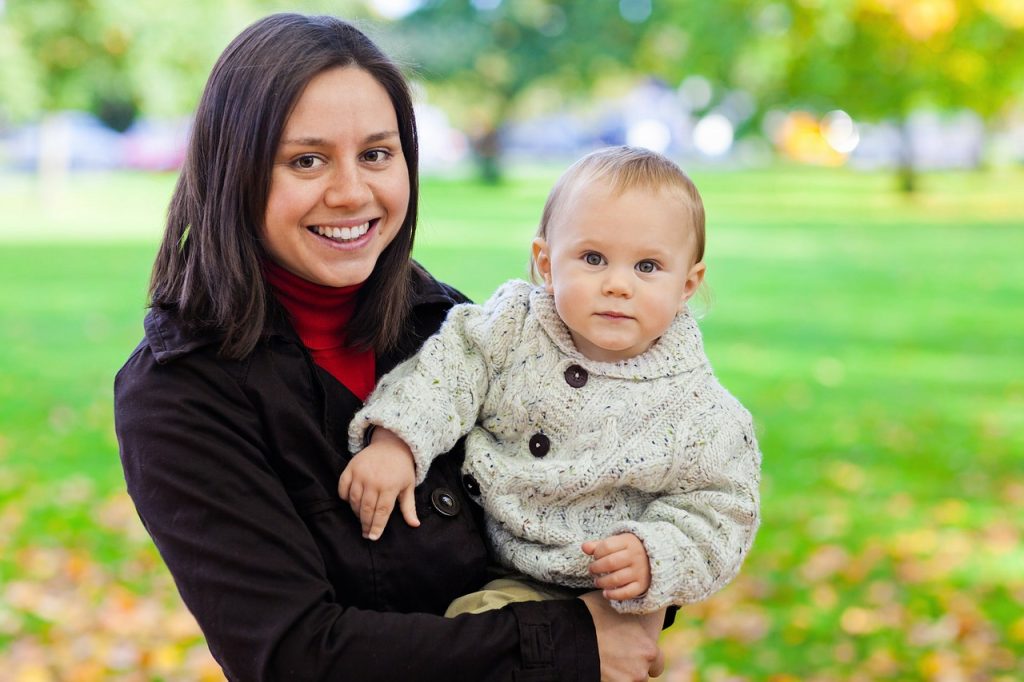At some point during your career as a nanny you’ll probably be asked by one of the children in your care for help, whether it’s with homework, a school project or a personal interest or hobby.
We’ve put together a list of online resources that you and your children might find useful and are perfect for helping children and teenagers to learn online either with help or independently.
Continue reading “Online Learning Resources for Older Children and Teenagers”










